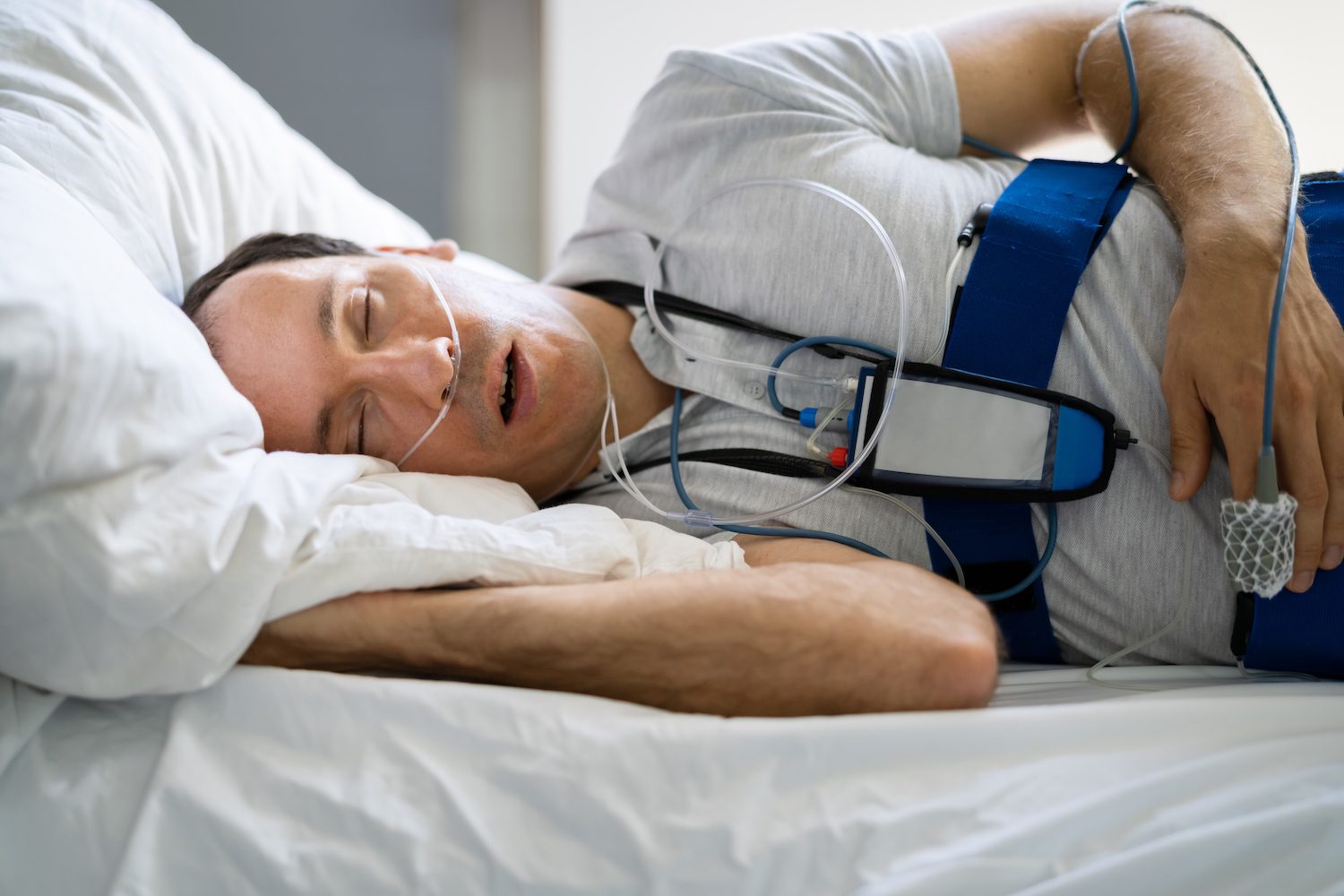
Sleep apnea is a frequent sleeping disorder which is marked by intermittent stopping of breathing when sleeping. The elderly are more affected by the alteration of the airway structure, muscle tone, and general health associated with aging. Unattended, sleep apnea may complicate underlying medical conditions and adversely impact on the quality of life. The use of a home sleep apnea test is an easier and efficient method through which seniors can easily monitor the condition at an early age, thus making interventions and proper management of their health possible.
Determining Obscure Health Hazards
The problem of sleep apnea in older people is not traditionally diagnosed because of the symptoms, such as a state of tiredness or irritability, which are explained by the aging process. However, left untreated, sleep apnea can expose an individual to the risk of developing severe health issues, including hypertension, heart disease, stroke and diabetes. A home sleep apnea test can be identified at a young age without necessarily staying overnight at sleep clinics and, thus, the seniors will find it easier to identify the potential threat and get cured before they acquire complications.
Incidentally, in support of Cognitive Health
Sleep apnea results in interrupted sleep which may significantly affect the cognitive functioning. Elderly people can develop memory impairment, lack of concentration, and mental alertness. These conditions with time may hasten cognitive loss or expose one to the risk of developing dementia. A home sleep apnea test can be used to identify the problem early so that the seniors can get the necessary treatment, either CPAP machineries or lifestyle changes to re-establish a healthy sleep and maintain brain health.
Enhancing Energy and Mood on a Daily basis
The symptoms of untreated sleep apnea in the elderly are fatigue, irritability, and mood swings. The quality of sleep influences the level of energy, as it becomes more difficult to accomplish the daily tasks and become less independent. The solution to this situation is to diagnose seniors with sleep apnea at a young age with the help of a home sleep apnea test in order to start treatment earlier and enhance the quality of sleep and alertness throughout the day. An improved level of sleep results in a better mood, more energy, and the quality of life.
Improving Safety and Independence
Drowsy days due to sleeping apnea may lead to the risk of falls and accidents, which is a significant problem in the elder population. Older people are too fatigued and therefore their reflexes and judgment might be slow, which makes ordinary tasks dangerous. Home sleep apnea test can be done early on to ensure that these safety risks are addressed before they are critical. Proper medication will help the elderly to be alert, thus minimizing their chances of falling, hence keeping them independent.
Ease of Testing and Availability of Homes
A major benefit of home sleep apnea test is that it is convenient. The elderly will be able to take the test at the comfort of their own homes without having to go to a sleep clinic. This ease of access to the tests eliminates some testing obstacles like the challenge of traveling or fear of a new place. Home-based testing fosters proactive behavior of the seniors by ensuring that sleep apnea testing is made simpler and more comfortable.
Conclusion
Sleep apnea early detection is essential to the elderly since it offers protection against severe health conditions, contributes to cognitive abilities, increases energy and mood, as well as enhances safety and autonomy. Home sleep apnea test is a convenient and efficient way through which the elderly can diagnose the condition at an early stage. Through early detection, the older individuals can be empowered to manage their sleep well, get prompt care and be able to enjoy better health.
